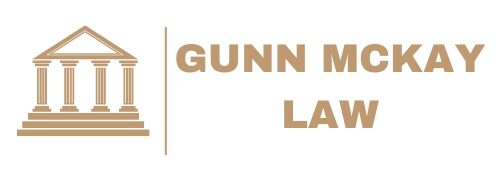The legal landscape of any country is dynamic, and intricate, and can seem overwhelming. But, understanding legal matters is crucial to protecting oneself from potential pitfalls and achieving a sense of empowerment in our daily lives. This article aims to equip you with essential insights into the Canadian legal system, helping you to stay informed and protected.
Understanding the Canadian Legal System
The legal system of Canada is based on the English common law system, inherited from being a former colony of the United Kingdom. It operates on the principles of justice, fairness, and respect for all individuals’ rights. The Canadian legal framework is multifaceted and includes elements such as constitutional law, administrative law, criminal law, contract law, tort law, property law, and family law.
Constitutional law, being the supreme law of Canada, sets the country’s fundamental principles and values. It guarantees Canadians fundamental rights and freedoms, including the right to equality, freedom of thought, freedom of speech, and freedom of assembly.
Stay Informed: Laws That Impact Your Daily Life
Understanding the laws that impact daily life can go a long way toward ensuring that one is protected. Let’s explore a few.
Employment Law
Canada’s employment laws protect workers and define the relationship between employers and employees. The laws cover matters such as working hours, minimum wage, overtime pay, vacation and holiday entitlements, maternity and parental leave, and rights against workplace harassment and discrimination.
Consumer Protection Law
These laws protect consumers from unfair business practices. They regulate issues such as product safety, deceptive advertising, fair pricing, warranties, and consumer contracts.
Criminal Law
Criminal laws set the standards of conduct for society. Violating these laws, such as those against theft, assault, or drug trafficking, can lead to severe penalties, including imprisonment.
Privacy Law
In an increasingly digital age, privacy laws have become essential. Canada’s privacy laws protect personal information held by government and private sector organizations, ensuring that individuals have a right to access and correct personal information about themselves.
Stay Protected: Legal Aid and Professional Guidance
In some instances, people may face legal challenges and disputes that require professional help. Fortunately, numerous resources in Canada provide legal aid and guidance.
Legal Aid
Legal Aid services are available in all provinces and territories in Canada. These services are designed to ensure that individuals who do not have the financial means to hire a lawyer can still get legal representation.
Lawyer Referral Services
Many provincial and territorial law societies provide lawyer referral services, which can help individuals find a lawyer who specializes in their specific legal issue.
Pro Bono Services
Some lawyers and law firms provide pro bono (free) legal services, particularly to those who cannot afford to pay for legal services and are not eligible for Legal Aid.
Public Legal Education Organizations
These organizations provide resources and information to help people understand their legal rights and responsibilities.
Staying informed about the laws of your country is not merely a matter of knowing your rights but also about understanding your responsibilities. As Canada’s legal landscape continues to evolve, it is critical to keep abreast of these changes to ensure that you are protected. Whether it’s knowing the basics of employment law or understanding the complexities of privacy laws, being informed can empower you to make informed decisions and safeguard your interests. Remember, when in doubt, seeking professional advice can provide invaluable assistance in navigating the complex terrain of legal matters.
In the final analysis, the law is more than a set of rules and procedures—it’s about fostering a society that respects rights and upholds justice. As responsible citizens, understanding and abiding by our legal framework is the best way to contribute to this vision.


